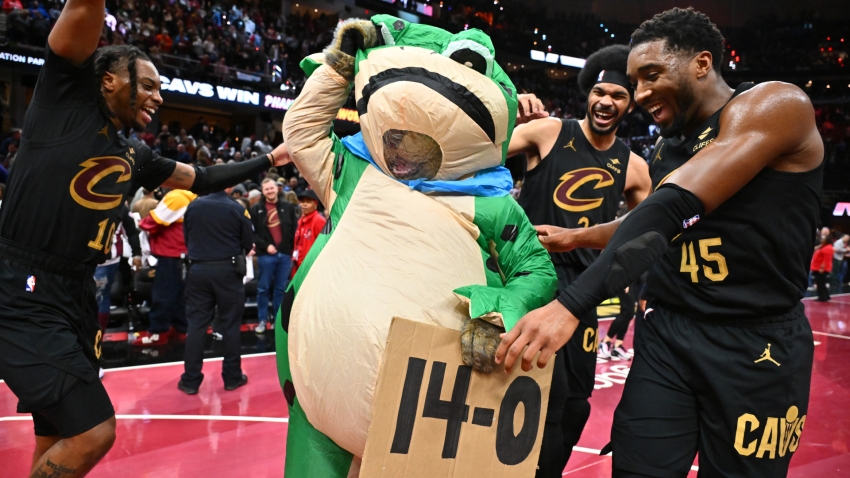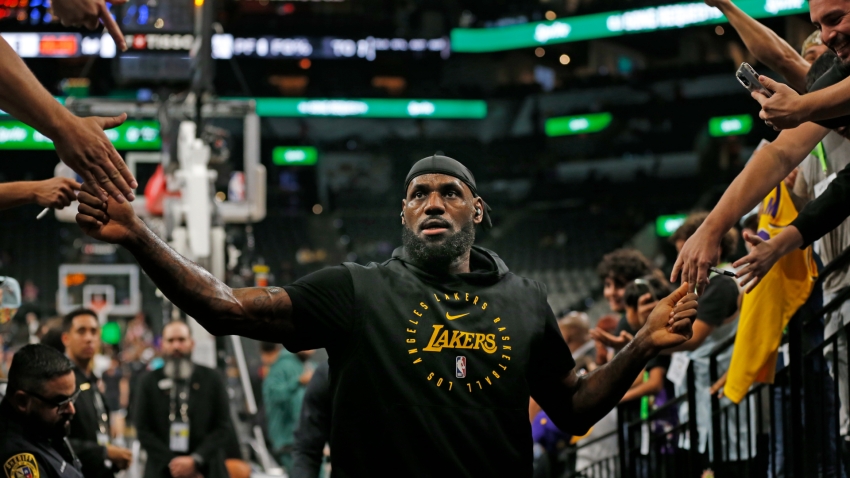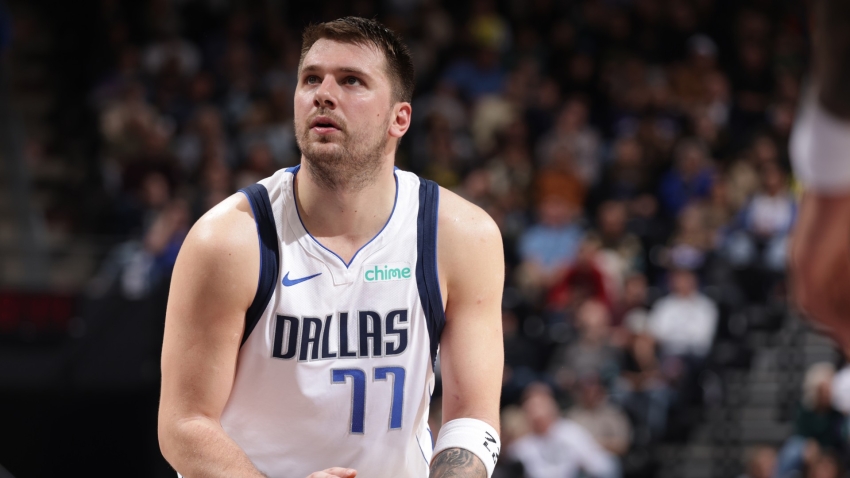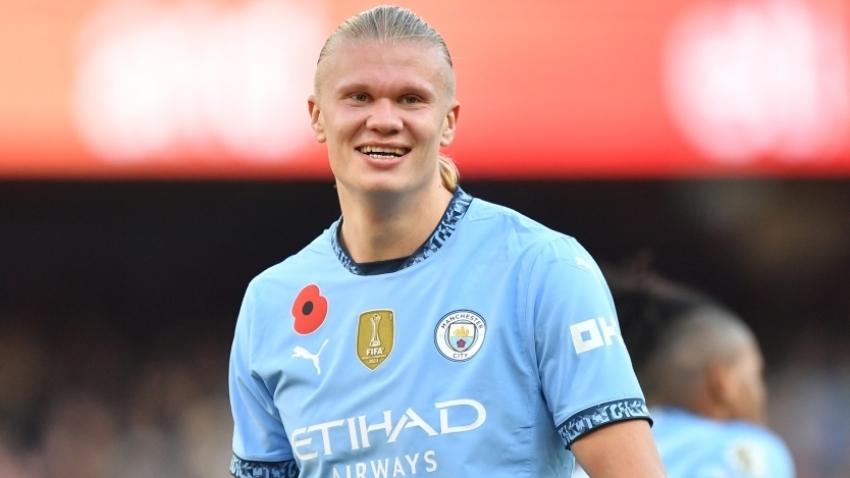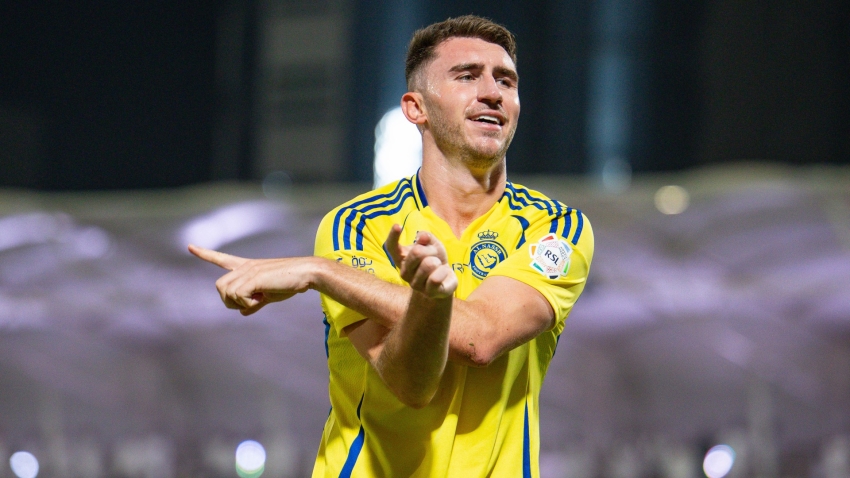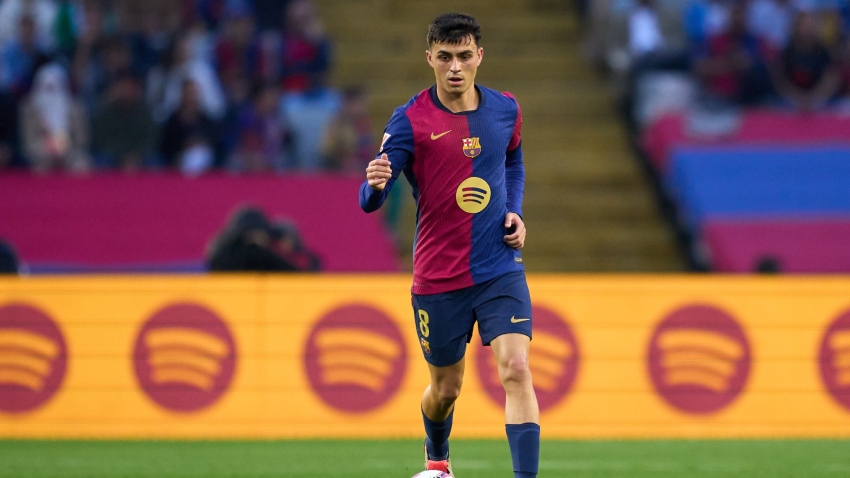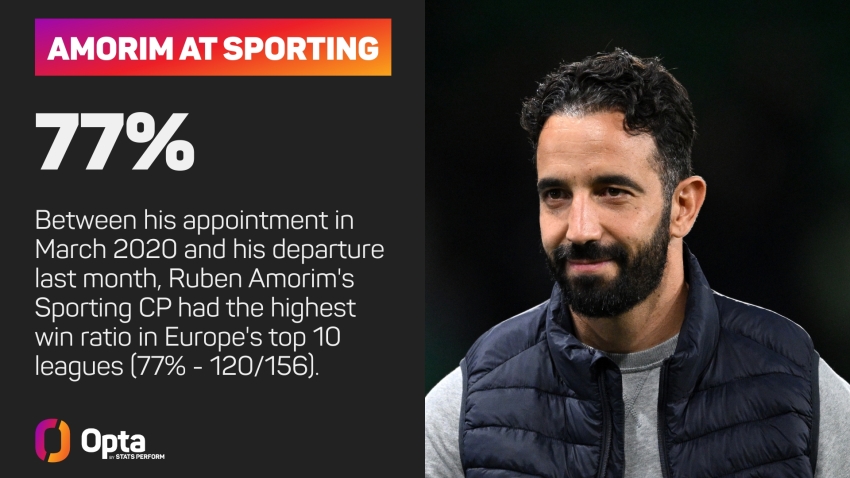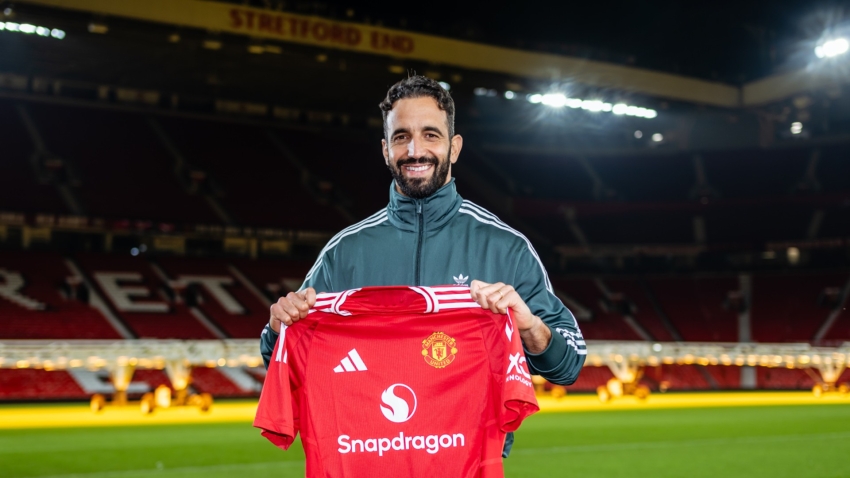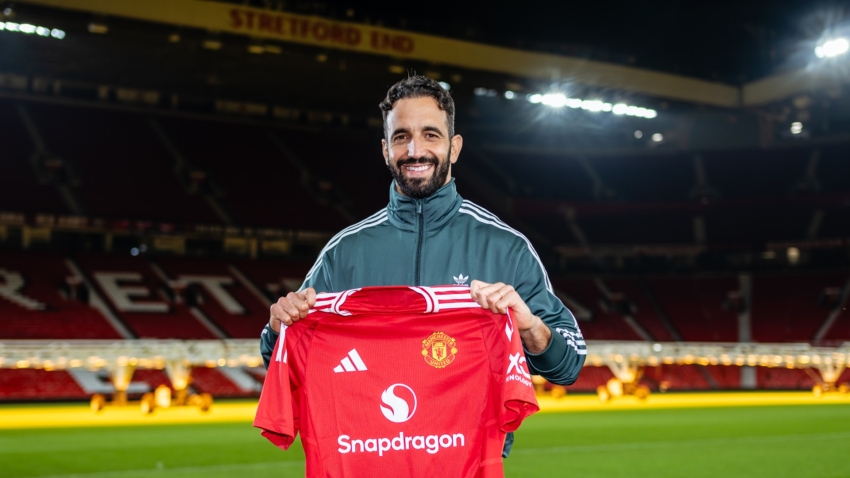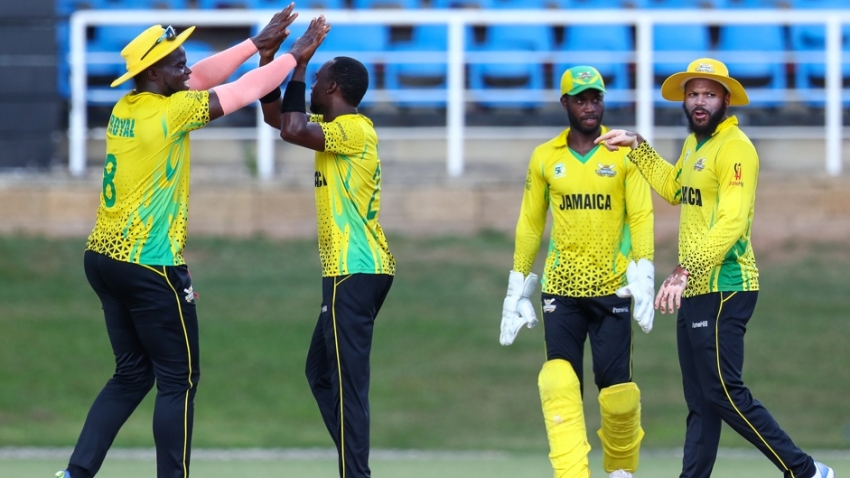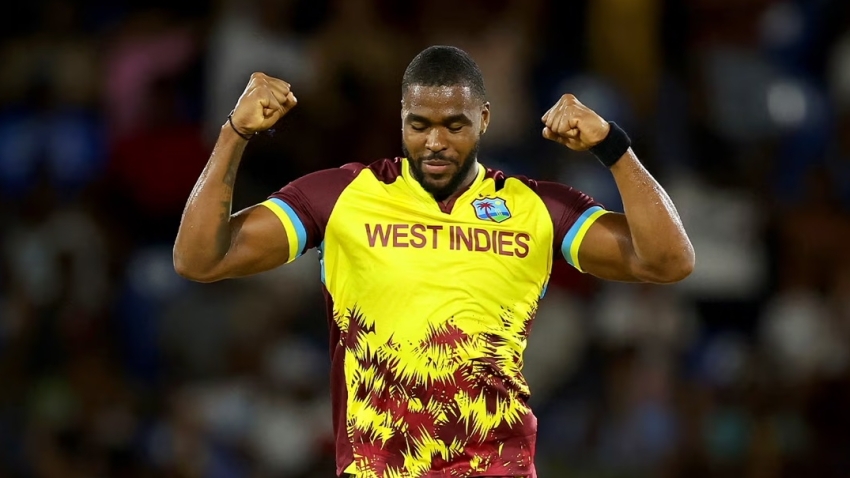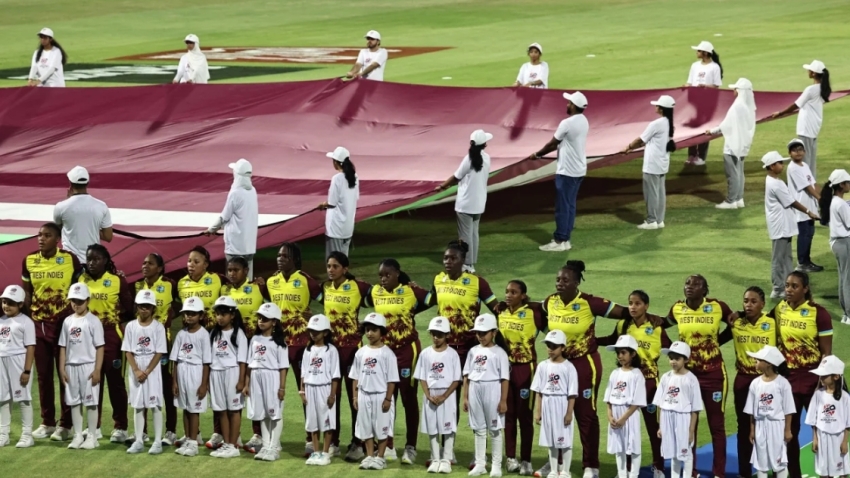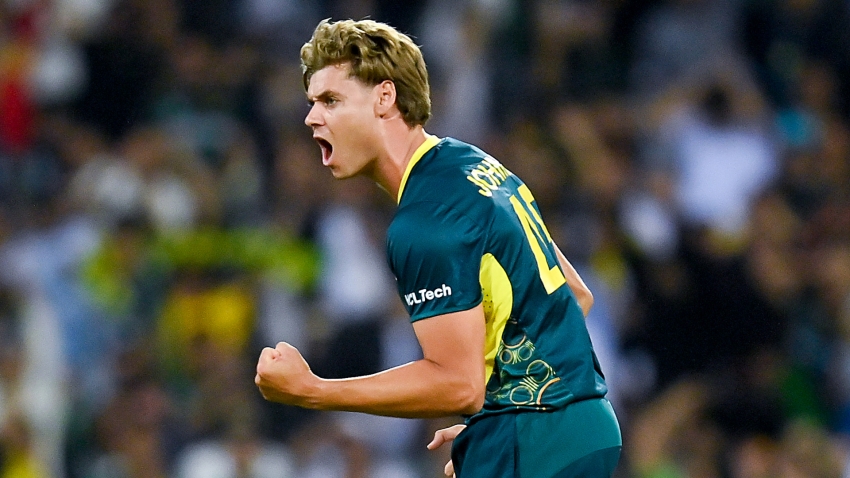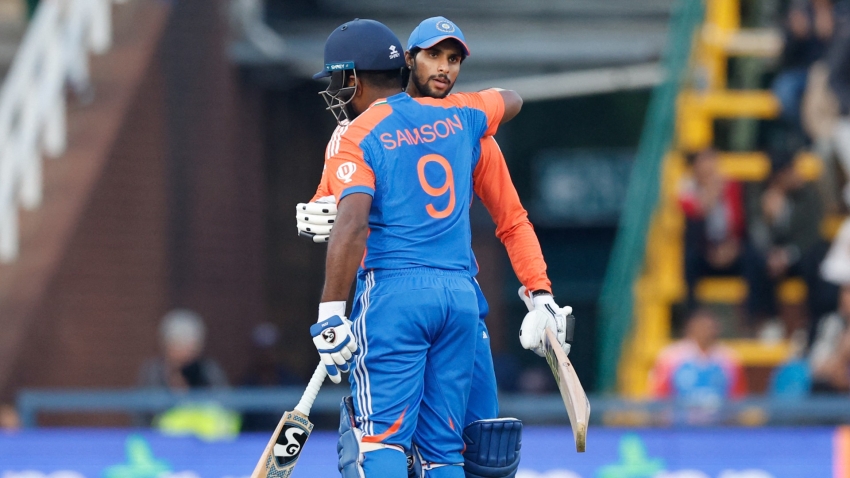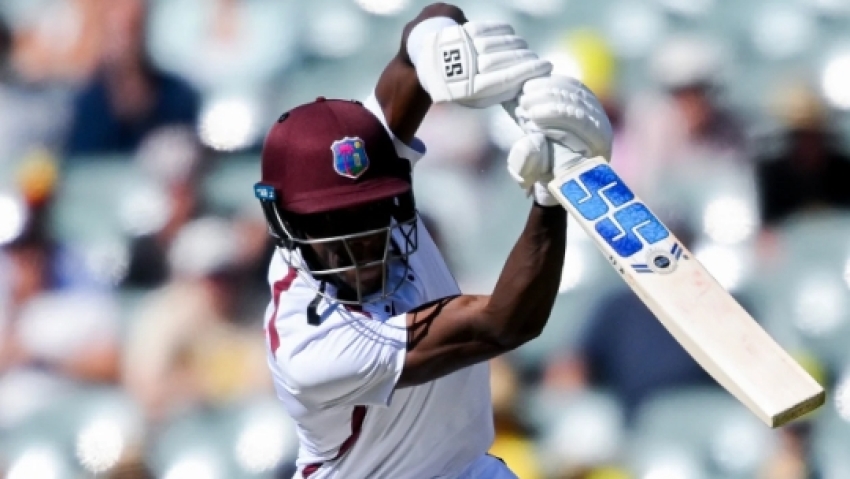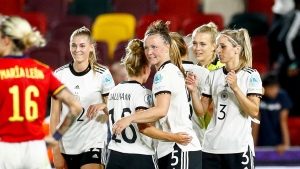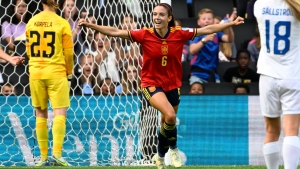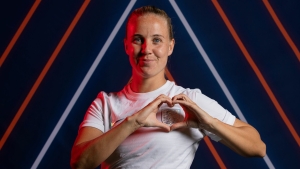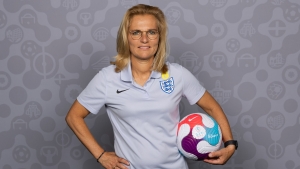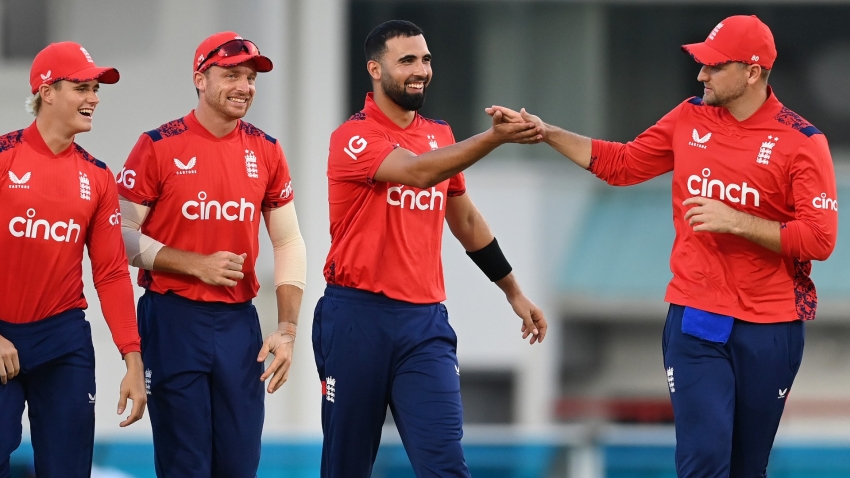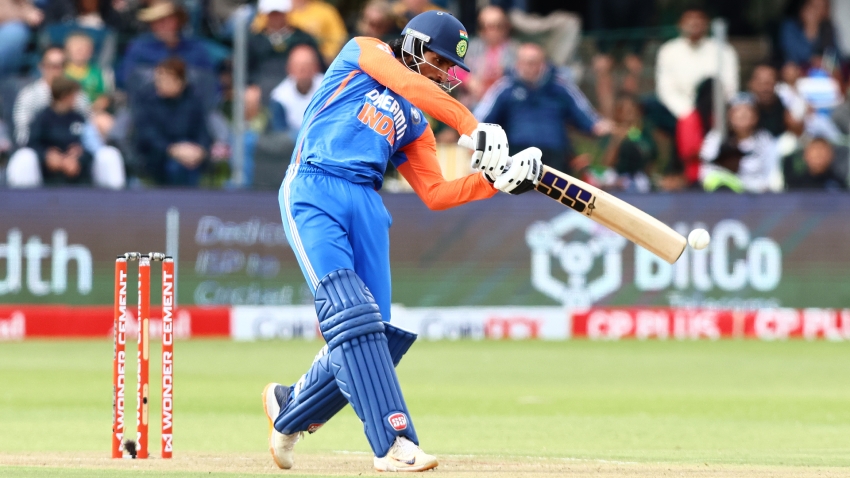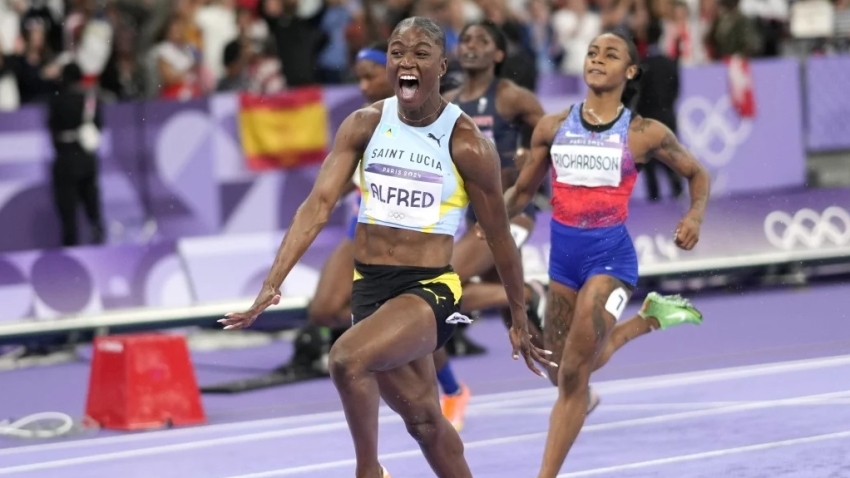Maybe this time football really is 'coming home'.
Hosts England are widely considered among the favourites to win Euro 2022 as Sarina Wiegman leads the Lionesses onto the big stage, and they can be considered marginal front-runners for a wide-open tournament.
That conclusion is based on modelling from Stats Perform's Artificial Intelligence team, using Opta's data reserves to quantify each team's chances of winning the entire tournament.
Every match has been run through the Stats Perform Women's Euro prediction model to calculate the estimated probability of the outcome (win, draw or loss). This uses odds from betting markets and Stats Perform team rankings, which are based on historical and recent performances.
The model takes into consideration the strength of each team's opponents as well as the difficulty of their respective paths to the final, plus the make-up of the groups and any relevant seedings heading into the knockouts.
The rest of the tournament is then simulated thousands of times and analysed, providing the probability of each team progressing round by round and ultimately lifting the trophy at Wembley on July 31.
Spain have been widely portrayed as favourites, but La Roja might find it hard going in England. Here is a run-down of the AI results, and they might shock you.
MOST LIKELY CHAMPIONS
1. England (19.3 per cent)
Runners-up in 1984 and 2009, perhaps England's second European finals on home soil could bring about a triumph the Lionesses have longed to achieve.
They have such immense strength in their forward ranks that Ellen White, joint top scorer at the 2019 World Cup, is not assured of her place in the team. The likes of Ella Toone, Beth Mead and Alessia Russo could push White for the starting spot as striker, with three attackers set to feature in behind, as manager Wiegman looks to blow away the opposition.
England are given an 81.9 per cent chance of coming through the group stage to reach the quarter-finals, a 54.1 per cent shot at getting through to the semi-finals, and a 31.1 per cent hope of making it through to the Wembley trophy match. Their 19.3 per cent chance of carrying off the trophy means it is hardly a given that England will finish bathed in glory, and that is because the opposition is so strong.
2. France (18.5 per cent)
Les Bleues left Amandine Henry and Eugenie Le Sommer out of their squad, meaning two of their recognised stars will be conspicuously absent from Corinne Diacre's team.
Stats Perform's women's football Power Rankings puts France second on the global list, behind only the United States, but coach Diacre is dicing with danger by omitting proven performers. Should things go wrong, fingers will likely be pointing her way.
However, at the back France have the stalwart Wendie Renard skippering the side, while in attack the Paris Saint-Germain striker Marie-Antoinette Katoto should make a big impact on her first major senior tournament. They possess quality, notwithstanding the notable absentees.
France have Italy, Belgium and Iceland as Group D rivals and are given a 74.8 per cent chance of advancing and are rated 49.1 per cent shots to make in into the semi-finals.
3. Sweden (14.6 per cent)
FIFA ranks Sweden second in its own rankings, and the Scandinavians were only denied Olympic gold in Tokyo last year after a penalty shoot-out loss to Canada in the final.
They might lack superstar names, but the likes of Barcelona's Fridolina Rolfo, Milan's Kosovare Asllani and Arsenal's Stina Blackstenius are players to keep an eye on.
The Swedes are given an 84.2 per cent chance of reaching the quarter-finals – the highest percentage of all teams – as they head into a group that also features defending champions the Netherlands along with Switzerland and Portugal.
4. Germany (11.5 per cent)
The eight-time winners cannot be ruled out, but they are no longer the team that everyone fears. Starting off in the same pool as Spain complicates their task considerably, with Euro 2017 runners-up Denmark also in Group C, along with Finland.
Given that line-up, Germany are given a 72.8 per cent shot at finishing in the top two and reaching the quarter-finals, plus a 43.2 per cent chance of making the last four and a 22.0 per cent prospect of getting through to the final.
5. Spain (8.8 per cent)
Some might scoff at Spain being given such a low rating, but they face the same problem as Germany initially, with no guarantee of escaping Group C.
Jorge Vilda's Spain are built on formidable foundations, with players from Barcelona and Real Madrid dominating their squad. Barcelona won all 30 of their domestic league games last year, but their players were knocked out of stride by defeat to Lyon in the Champions League final.
Having the likes of 100-cap playmaker Alexia Putellas in their ranks makes Spain an undoubted threat. However, she has suffered an injury on the eve of the tournament, and Spain have yet to triumph on the big-tournament stage. Like Spain's men before they found a winning formula, the women's football can be a joy to watch, but their efficiency in front of goal can be lacking.
They have reached quarter-finals at the last two editions of the Euros, and are rated as 71.6 per cent likely to at least go that far this time around. Will they reach a final first? The AI analysis gives them just a 19.0 per cent chance of featuring in the Wembley showpiece.
6. Netherlands 7.2 per cent
Champions last time out when they hosted, the Dutch will believe they can defend their title, and the team's opener against Sweden will tell us a lot about their potential.
Englishman Mark Parsons has stepped in to replace Euro 2017-winning boss Wiegman, inheriting a group containing the likes of Vivianne Miedema, Lieke Martens and Danielle van de Donk, who are all potential stars of the tournament.
This time the Netherlands are given only a 64.6 per cent chance of advancing to the quarters, and a 15.8 per cent hope of reaching another final. A 5-1 pasting by England in a pre-finals friendly has cast doubt on whether they can be the same force as five years ago. If they fail to top Group C, a likely quarter-final with France awaits.
TITLE CHANCES OF THE REST (all figures are percentages): Belgium 4.5, Italy 2.9, Iceland 2.8, Austria 2.6, Norway 2.3, Switzerland 2.3, Denmark 1.1, Finland 0.6, Portugal 0.6, Northern Ireland 0.3


